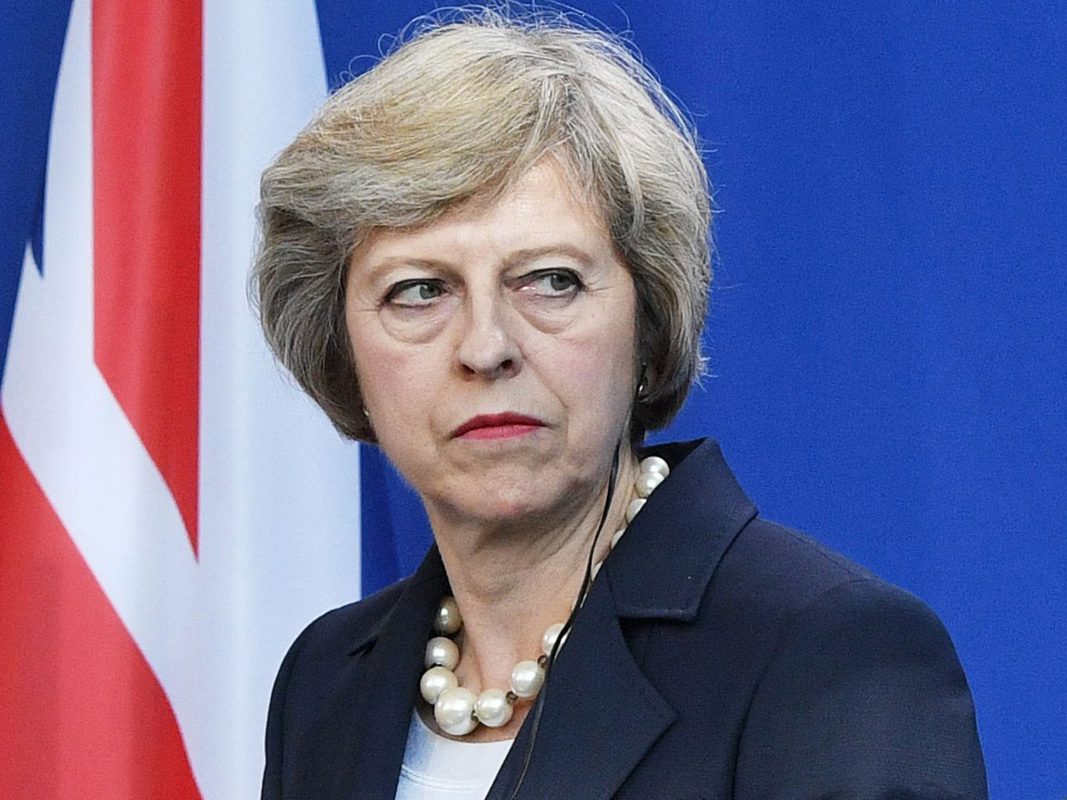‘Catastrophic’ Post-Brexit Plan Leaked
Share:

Documents have been leaked which show the governments post-Brexit immigration blueprint, and some key points have already caused controversy. The gist of the plan is to significantly reduce the amount of EU immigration through the use of tighter controls and government intervention with a ‘more selective approach’. There will ultimately be a phased overhaul in the way EU nationals are able to migrate to the UK, with the report stating that ‘our departure from the EU means the end of rights based unconditional free movement’.
Increased government control will mean the government making decisions on who is allowed in based on Britain’s social and economic needs, with the report overwhelmingly skewed against ‘low-skilled’ EU nationals. The new approach would also restrict the rights of EU nationals to bring members of the family with them, and mean shorter work permits of around two years for some migrants.
According to this plan, priority for jobs would also be given to British workers, with the aim of ‘reducing the opportunity for workers to settle long-term in the UK and to bring their dependents, especially at lower skill levels’.
The plans apparent prejudice against ‘low-skilled’ workers has proved worrying for those in the business sector who feel the value of EU nationals’ labour has been underestimated. Food and drinks manufacturers said the leaked proposals were alarming. ‘If this does represent the government’s thinking it shows a deep lack of understanding of the vital contribution that EU migrant workers make – at all skill levels – across the food chain’.
Various industry leaders alongside the in the food and drink sector have spoken about how potentially detrimental a system like the one proposed could be. 9% of the hospitality industry, for example, is made up of EU nationals, many of whom would be categorized as ‘low-skilled’. EU workers also constitute more than 20% of the work force in a minimum of 18 specialist industries.
Michiel van Hulten, a former MEP said: “These proposals take hard Brexit to their logical conclusion – a clean break with the legacy of EU membership. In that sense, there’s no surprise. But if the UK wants to secure a transition period … as has been suggested recently, this is completely the wrong way to go about it.”
If the proposed restrictions were put in place it would make staying within the single market and the European Economic Area impossible, as well as making it harder to reach an agreement on the Brexit divorce by October. It was also criticized for its ‘harsh language’ by the German MEP Elmar Brok, who said ‘there is not any sensitivity about this issue when we talk about the rights of citizens.’
